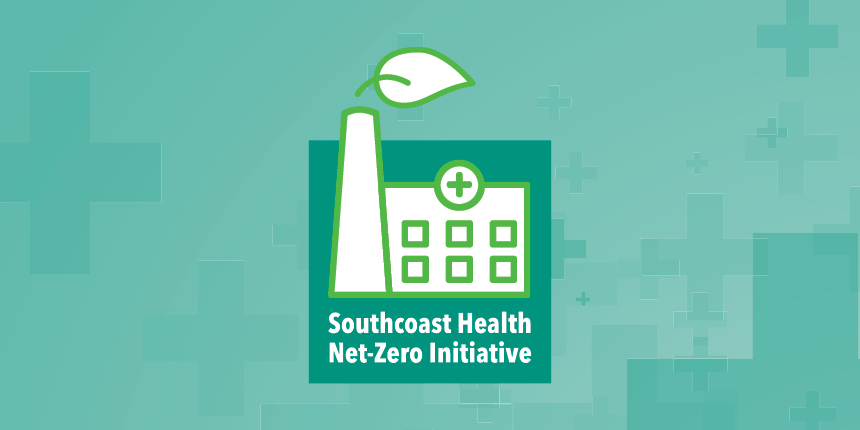Community
World Environment Day: Ending Plastic Pollution

World Environment Day, created by the United Nations Environment Programme and observed annually on June 5th, serves as a global platform for raising awareness and fostering collective action to address pressing environmental challenges. This year’s theme is Ending Plastic Pollution, an issue that has significant consequences not only for the planet but also for human health.
The Growing Climate & Health Crisis of Plastic Pollution
Plastic pollution is one of the most pervasive problems of our time. Each year, millions of tons of plastic waste end up in landfills, oceans, and waterways, taking hundreds of years to decompose. Plastics are found in the most remote corners of the Earth, from ocean trenches to the Arctic ice. The non-biodegradable property of plastic poses serious risk to ecosystems and wildlife.
Additionally, plastics contribute to climate change through carbon-intensive production processes and waste management. Plastic production relies heavily on fossil fuels, which contribute to greenhouse gas emissions, while the incineration and slow decomposition of plastic waste release methane and other toxic pollutants. Reducing plastic production and consumption is an essential solution to mitigate the climate and environmental impact of plastics.
What many may not realize is the direct impact plastic pollution has on human health. Microplastics, tiny fragments of plastic that break down over time, have been found in the air we breathe, the water we drink, and even in the food we eat. Research finds that the ingestion of microplastics can lead to issues ranging from inflammation and toxicity to endocrine disruption and potential carcinogenic effects. Additionally, plastics leach harmful chemicals in the environment, further exacerbating health risks.
Below is a list of health issues that the consumption of microplastics may lead to:
- Respiratory issues:
- Lung inflammation/irritation
- Asthma
- Gut issues:
- Gut inflammation
- Disruption of gut microbiota
- Fertility issues
- Developmental disorders
- Cancer
How You Can Help
- Reduce Single-Use Plastics
- Adopt reusable alternatives wherever possible, such as using glass or stainless-steel containers. This can drastically reduce the volume of single-use plastics generated.
- Advocate for Policy Change
- Support regulations that extend producer responsibility programs and initiatives aimed at reducing plastic packaging in products.
- Promoting Awareness & Education
- Educate your family and friends about the impact of plastic pollution on climate and health.
- Encourage family and friends to make environmentally conscious choices in their daily lives, such as reducing plastic consumption and opting for sustainable alternatives.
A Healthier Future Without Plastic Pollution
Ending plastic pollution is not an unattainable goal – it is within our reach if we take concerted action. By reducing plastic waste and educating one another about the risks of plastic pollution, we can work towards a healthier future for our communities.
References
- World Environment Day – United Nations
- Hidden Fossil Fuels: Plastic Production Drives Climate Change – National Resource Defense Council
- Scientists know our bodies are full of microplastics. What are they doing to us? – NPR
- Detection of microplastics in human tissues and organs: A scoping review – Journal of Global Health
- Discovery and quantification of plastic particle pollution in human blood – Environment International
- Twenty years of microplastic pollution research – what have we learned? – Science
- Effects of Microplastic Exposure on Digestive, Reproductive, and Respiratory Health: A Rapid Systematic Review – Environmental Science & Technology
- Microplastics Research – EPA
- Breathing Plastic: The Health Impacts of Invisible Plastics in the Air – Center for International Environmental Law
- Single-Use Plastics 101 – Natural Resource Defense Council
